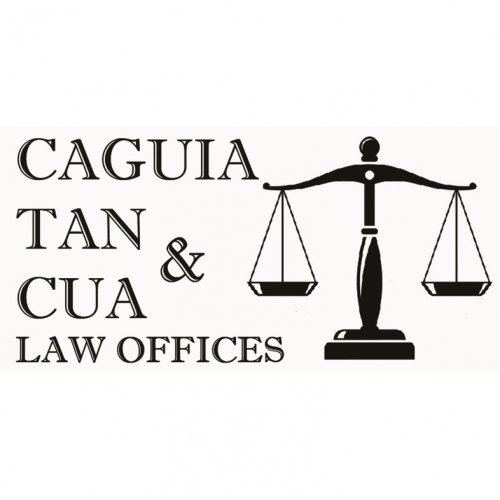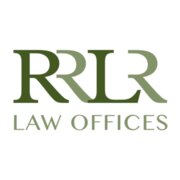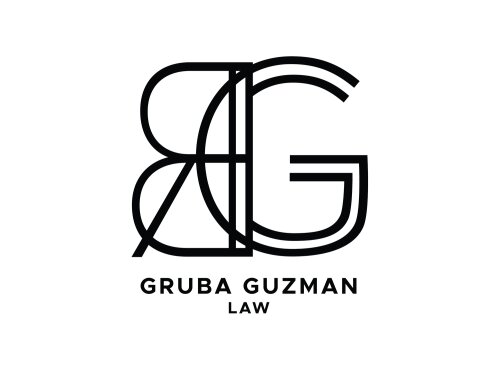Best Accounting & Auditing Lawyers in Makati City
Share your needs with us, get contacted by law firms.
Free. Takes 2 min.
List of the best lawyers in Makati City, Philippines
About Accounting & Auditing Law in Makati City, Philippines
The field of Accounting and Auditing law in Makati City, Philippines is primarily concerned with the proper financial practices and records of businesses. It revolves around Philippine laws such as The Accountancy Act of 2004, Tax Reform Act, and the Securities Regulation Code. This sector ensures businesses comply with standard accounting practices, pay appropriate taxes, and fulfill obligations towards employees and other stakeholders.
Why You May Need a Lawyer
Legal advice related to Accounting & Auditing may be required in several situations; if you are facing an audit from the Bureau of Internal Revenue (BIR), if your company has complex financial transactions that need sound advice on record-keeping, in case of merger and acquisition negotiations, or when dealing with bankruptcy or insolvency issues. Additionally, a lawyer can help to structure your business in a tax-efficient manner, ensure the accuracy of financial statements, and assist in dispute resolution with the government or other businesses.
Local Laws Overview
The major legal aspects revolve around The Accountancy Act of 2004, which governs Certified Public Accountants (CPAs), the National Internal Revenue Code that governs tax matters, the Corporation Code for business operations, and the Securities Regulation Code for share and stock-related matters. Anti-Money Laundering Act (AMLA) of 2001 also is relevant in accounting and auditing as businesses are required to comply with the AMLA regulations.
Frequently Asked Questions
What are the accounting standards used in the Philippines?
The Philippines uses the Philippine Financial Reporting Standards (PFRS) and Philippine Accounting Standards (PAS), which are converged with International Financial Reporting Standards (IFRS).
How often should businesses be audited in Makati City?
As a rule, companies submit audited financial statements once a year. However, there could be situations where Interim Audits could be required.
What is the role of the Bureau of Internal Revenue(BIR) in audit practices?
The BIR performs its own audits to ensure businesses are accurately paying taxes. They have the authority to investigate company books and records.
Who can conduct audits in the Philippines?
Only accredited independent auditors, typically CPAs, are recognized to perform official audits on companies.
What are the penalties for non-compliance with the accounting and auditing laws?
Penalties vary depending upon the nature and extent of non-compliance. A company can face fines, penalties, the risk of losing its business license, or even criminal charges for serious offenses.
Additional Resources
The Professional Regulation Commission (PRC), Board of Accountancy, and the Securities and Exchange Commission (SEC) are vital resources for anyone seeking more in-depth information or needing legal advice in the field of accounting and auditing. They provide rules, regulations, and guidelines regarding this field.
Next Steps
If you need legal assistance in accounting and auditing, it is advisable to seek advice from a practicing CPA or law firm specializing in business law. Make sure to prepare all relevant documents related to your business to facilitate a smooth and efficient consultation.
Lawzana helps you find the best lawyers and law firms in Makati City through a curated and pre-screened list of qualified legal professionals. Our platform offers rankings and detailed profiles of attorneys and law firms, allowing you to compare based on practice areas, including Accounting & Auditing, experience, and client feedback.
Each profile includes a description of the firm's areas of practice, client reviews, team members and partners, year of establishment, spoken languages, office locations, contact information, social media presence, and any published articles or resources. Most firms on our platform speak English and are experienced in both local and international legal matters.
Get a quote from top-rated law firms in Makati City, Philippines — quickly, securely, and without unnecessary hassle.
Disclaimer:
The information provided on this page is for general informational purposes only and does not constitute legal advice. While we strive to ensure the accuracy and relevance of the content, legal information may change over time, and interpretations of the law can vary. You should always consult with a qualified legal professional for advice specific to your situation.
We disclaim all liability for actions taken or not taken based on the content of this page. If you believe any information is incorrect or outdated, please contact us, and we will review and update it where appropriate.















